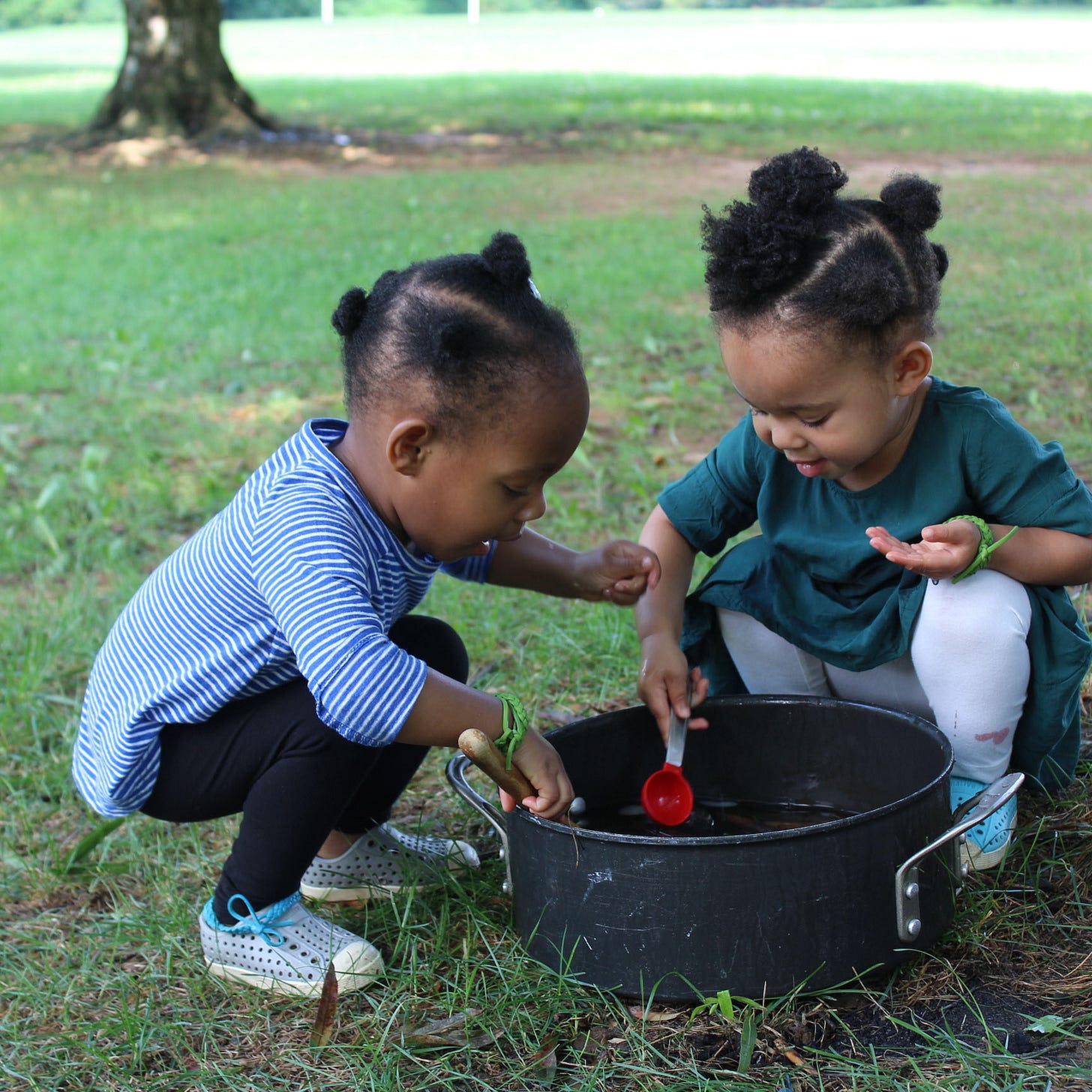Small Talks, No. 18
July 9, 2021
Welcome to the eighteenth edition of Small Talks. Every Friday, I highlight 6 areas of weekly joys and reflections in early childhood and the whole family. Small Talks leverages my experience at the intersection of education, philanthropy and impact investing. Enjoy!
What I’m celebrating -
This excellent report by the FrameWorks Institute about attitudes and mindsets that keep kids off the public agenda, and recommendations “Why aren’t kids a policy priority?”. I found those three points particularly interesting:
“When people hear the words “children” and “kids,” the images that come to mind are of children age 3 through 12.”
“Public understandings of early childhood have grown more robust over the past two decades.”
“The new narrative can’t just tell a different story about kids but must tell a different story about the broader systems that affect all of us.”
“The Pandemic Was Disastrous for Early Childhood Education—And Both Kids and Adults Are Feeling It” by Emily Tate in EdSurge summarizes the impact of the global pandemic on young children and adults.
Interesting start-up to watch in child care for stay-at-home parents to get paid: With Otter.
What I’m listening to -
Excellent podcast “Rethinking Higher Education” with two innovators - Yolanda Watson at Complete College America and Scott Pulsipher at Western Governors University (WGU), highlighting competency-based education and innovations connecting education and workforce for adult learners.
“A Seat at The Table” with Lynette Fraga at Child Care Aware of America and Cheryl Oldham of the U.S. Chamber of Commerce about how COVID-19 changed the way employers view child care.
What I’m reading -
The Extended Mind by Anne Marie Murphy expanded my mind…(no pun intended). The author makes the case that there is a host of “extra-neural” resources—the feelings and movements of our bodies, the physical spaces in which we learn and work, and the minds of those around us— that can help us focus more intently, comprehend more deeply, and create more imaginatively.
What I’m watching -
“That Time America Paid for Universal Daycare” is a 9 min NPR review of the provision of child care during World War II.
The 600,000 children who attended child care were better employed, had higher earnings, better health than those who did not, and showed “strong and persistent positive effects on well-being”.
What I’m learning and exploring more deeply -
New report from the Institute of Women Policy Research examines how focusing on student parents could help with reaching key educational goals. This chart says it all about the gaps and the opportunity for change…
Five top takeaways on student kindness and teacher enthusiasm from the program Tools of Mind.
“In play, a child is always above his average age, above his daily behavior; in play, it is as though he were a head taller than himself.” — Vygotsky.
Quote I am pondering -
“All children are artists. The problem is how to remain an artist once he grows up.”
— Pablo Picasso
Feedback is a gift. Which part above is your favorite? What did I miss? What do you want more or less of? Other recommendations? Please kindly let me know. Thank to all all of you who are sending me amazing suggestions.
If you enjoy this newsletter, please help spread the word by sharing with your friends, colleagues, and networks.
Have a wonderful week. Please stay safe and care for each other.
Isabelle








Isabelle, always look forward to Friday's and your next issue of "Small Talks". As always, your reflections in the 6 areas of early childhood in this issue are interesting and informative. "A Seat at the Table" was especially important. I hope that COVID-19 does more than "changed the way employers view child care." I hope it compels them to change the way they view childhood trauma. Or, said another way, their employees who have children who are trauma impacted.